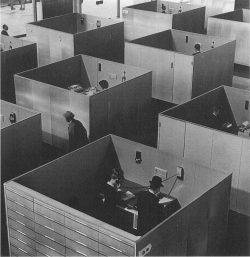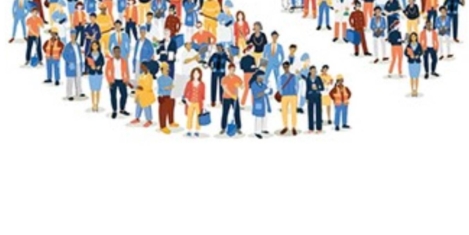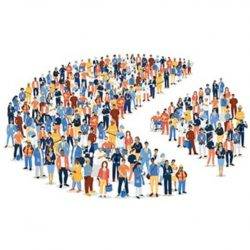To provide the best experiences, we use technologies like cookies to store and/or access device information. Consenting to these technologies will allow us to process data such as browsing behaviour or unique IDs on this site. Not consenting or withdrawing consent, may adversely affect certain features and functions.
The technical storage or access is strictly necessary for the legitimate purpose of enabling the use of a specific service explicitly requested by the subscriber or user, or for the sole purpose of carrying out the transmission of a communication over an electronic communications network.
The technical storage or access is necessary for the legitimate purpose of storing preferences that are not requested by the subscriber or user.
The technical storage or access that is used exclusively for statistical purposes.
The technical storage or access that is used exclusively for anonymous statistical purposes. Without a subpoena, voluntary compliance on the part of your Internet Service Provider, or additional records from a third party, information stored or retrieved for this purpose alone cannot usually be used to identify you.
The technical storage or access is required to create user profiles to send advertising, or to track the user on a website or across several websites for similar marketing purposes.
 The overwhelming majority of enterprises (90 per cent) report that they experience challenges when connecting to video conference calls. This is according to a new survey from StarLeaf, conducted by Vanson Bourne, which includes responses from 500 IT decision-makers and Line-of-Business leaders in the UK, France, Germany, and the US and from a broad spectrum of private sector enterprises (with over 1,000 employees) with the aim to understand attitudes towards the general use of video conferencing systems.
The overwhelming majority of enterprises (90 per cent) report that they experience challenges when connecting to video conference calls. This is according to a new survey from StarLeaf, conducted by Vanson Bourne, which includes responses from 500 IT decision-makers and Line-of-Business leaders in the UK, France, Germany, and the US and from a broad spectrum of private sector enterprises (with over 1,000 employees) with the aim to understand attitudes towards the general use of video conferencing systems.






























February 14, 2019
Digital transformation requires more than just new technology
by Arnab Banerjee • Comment, Technology
(more…)